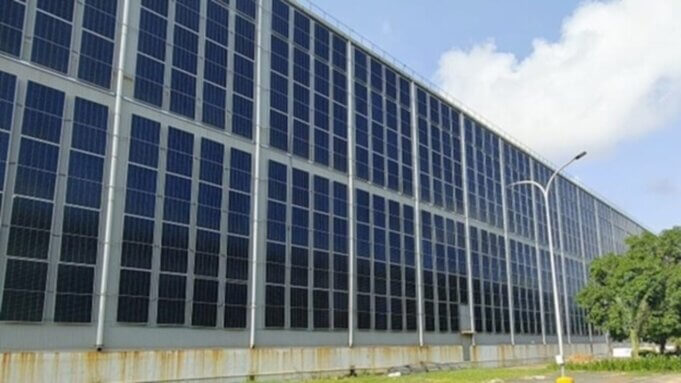Becquer Energy, that recently launched Becsa, India’s 1st HJT module with BIS approval, under the trademark of BEC-HJT, has developed and refined manufacturing processes that are capable of integrating cells with any building material thereby expanding the use case of the solar panels across various types of buildings, factories and superstructures. This makes it the ideal choice for new factories, complex building designs and aesthetic requirements, that is becoming a common trend in new projects.
Becquer over the past few years has powered with its integrated solar hardware, multiple factories of leading and publicly listed brands of automobiles, auto ancillaries, steel, cement , engineering products and food and FMCG goods.
The use of HJT modules not only reduces the space required for the same power output, but it also reduces the overall hardware cost , thereby making the return on investments even better. Chemically at the cell level, hetero junction tech allows for better capturing of the sunlight falling on the glass of the modules, which in turn increase the electricity generated from the same area, aka module efficiency.
Given the tropical climate of the India subcontinent with many months of summer with high temperatures, the HJT module has a better tolerance towards the heat in the air, which further adds to the durability. This has enabled Becquer to increase its product and performance warranty to 30 years, and easy upgrades or replacements during the life of the power plant.











